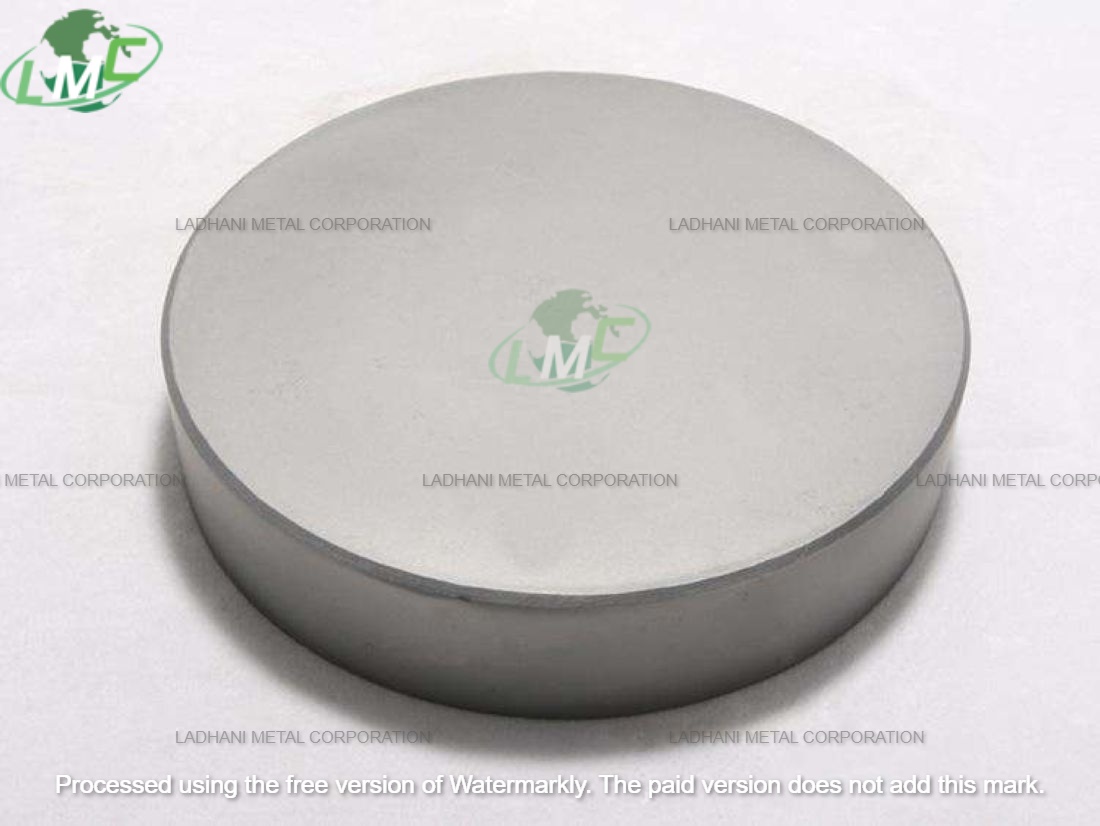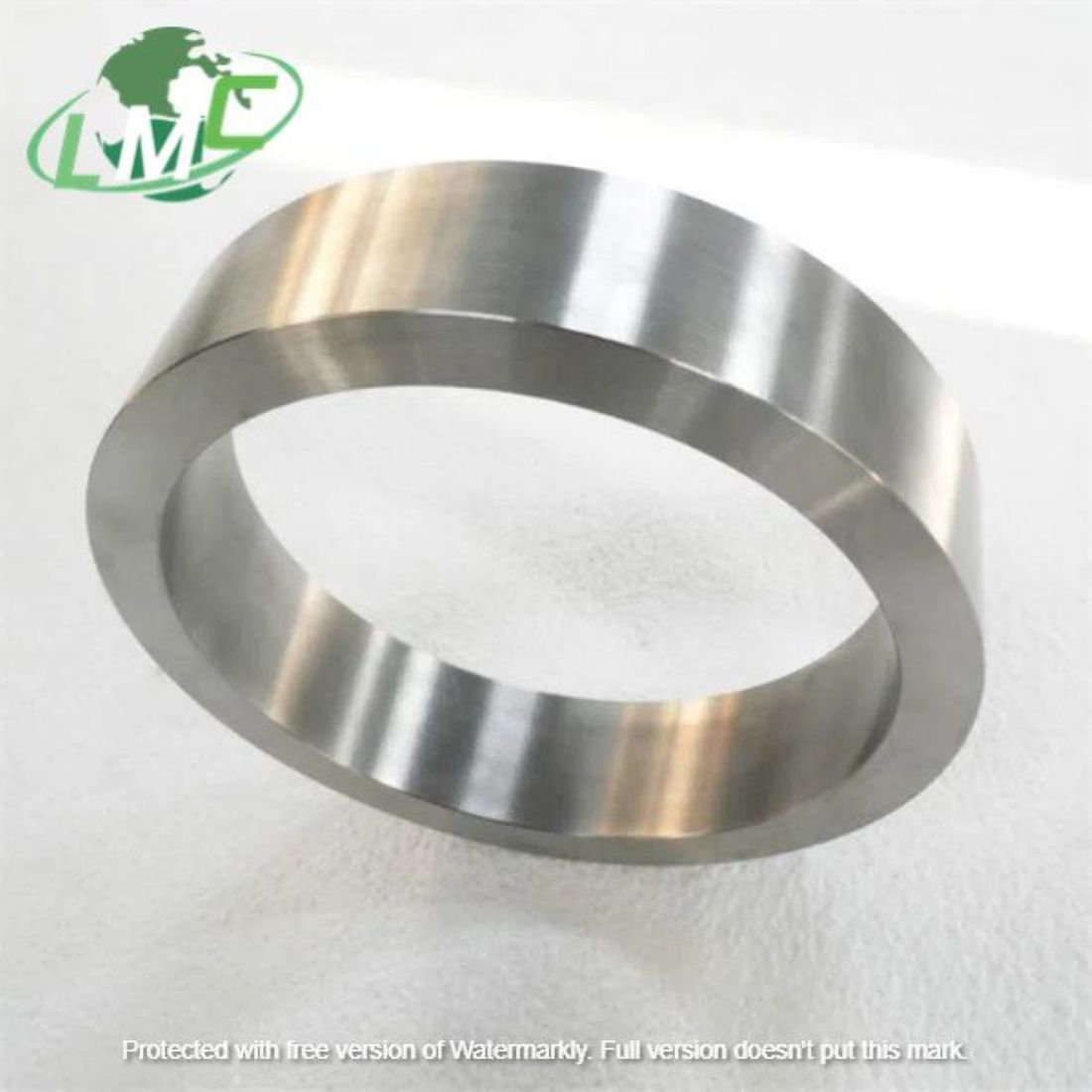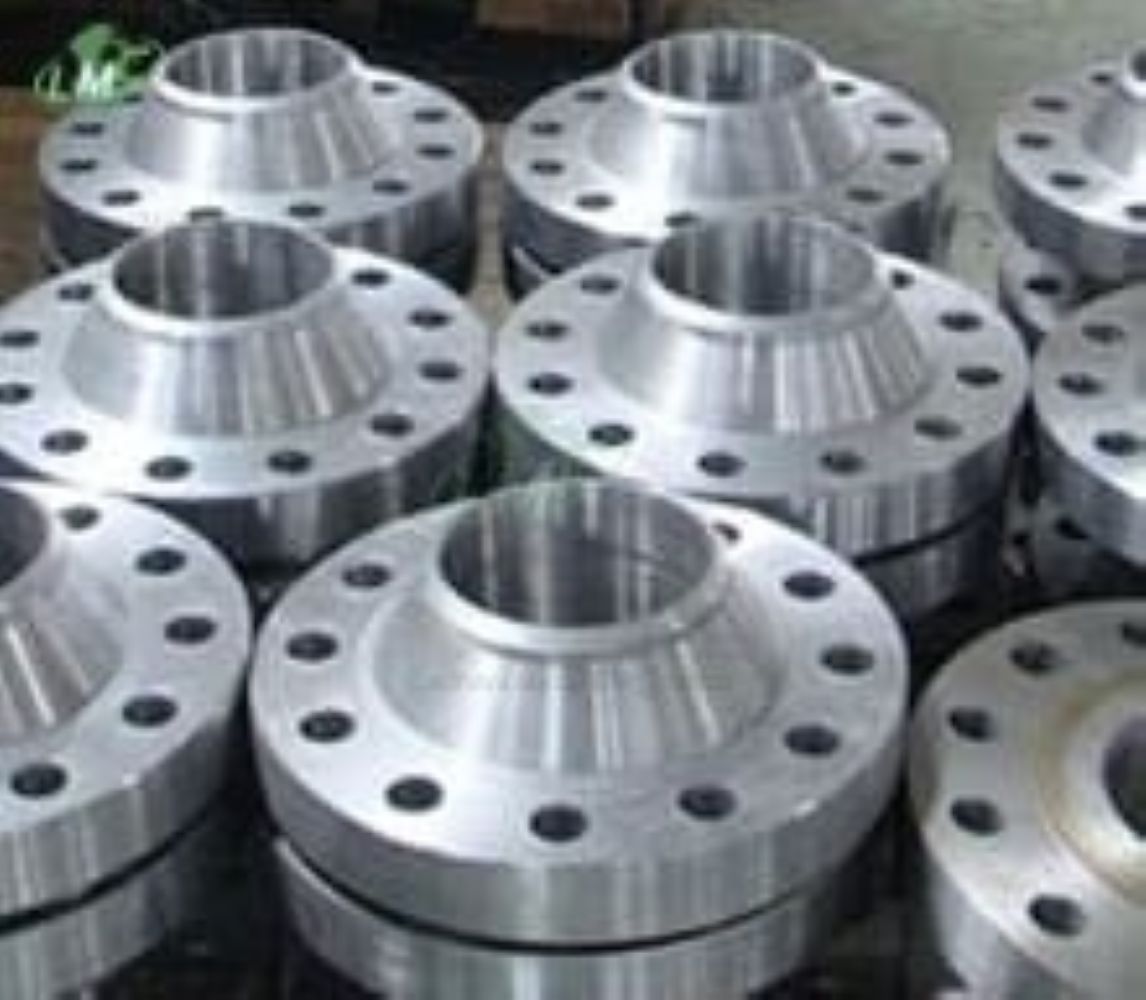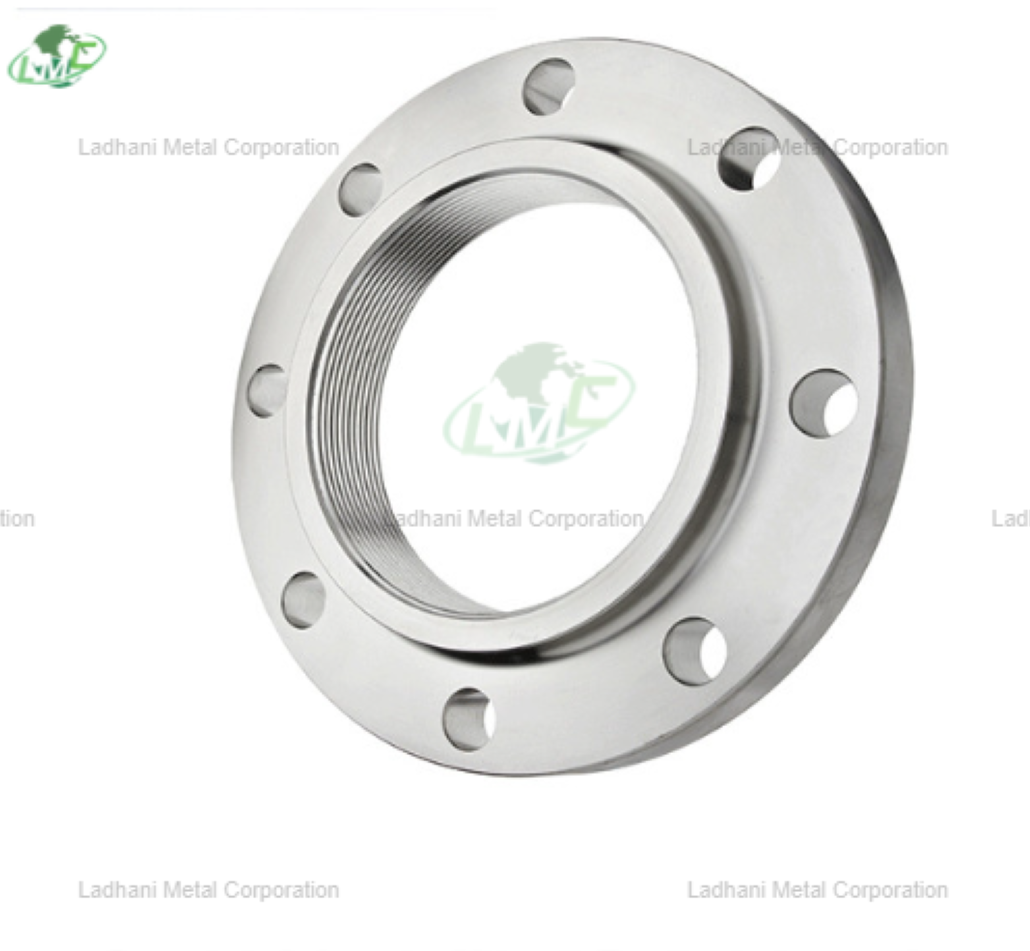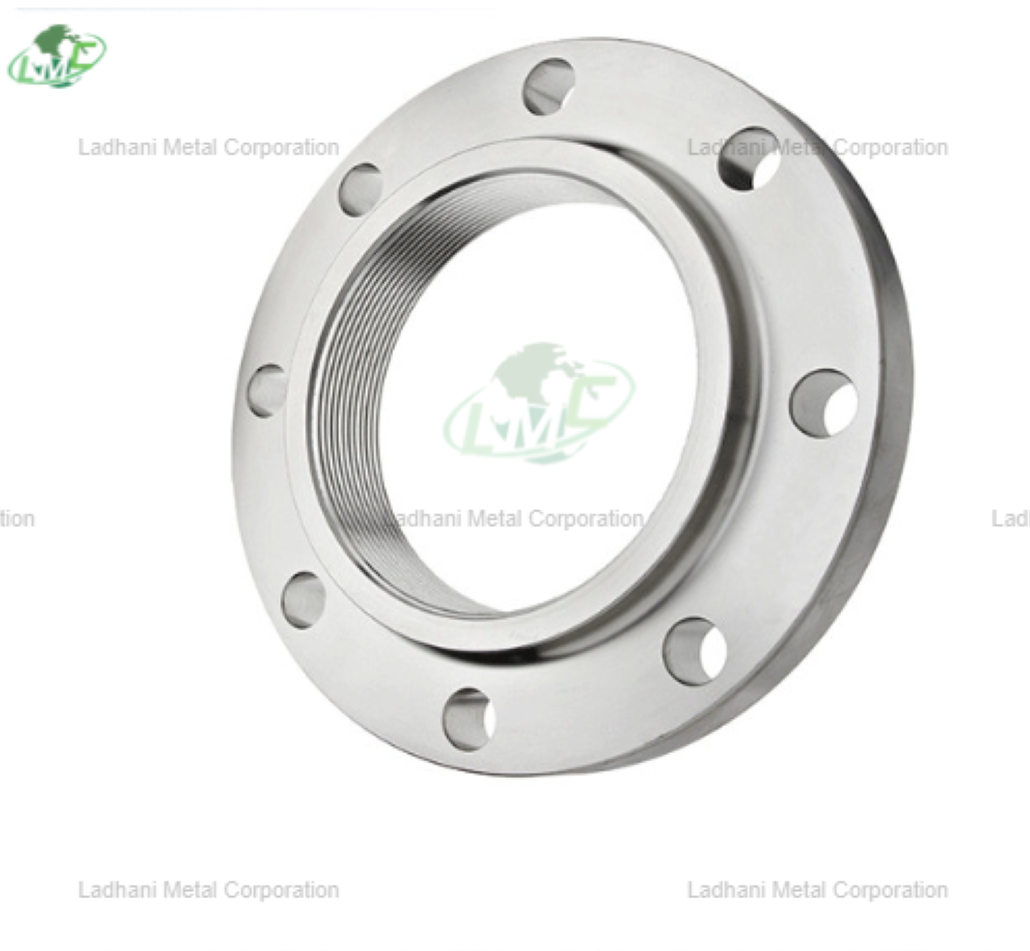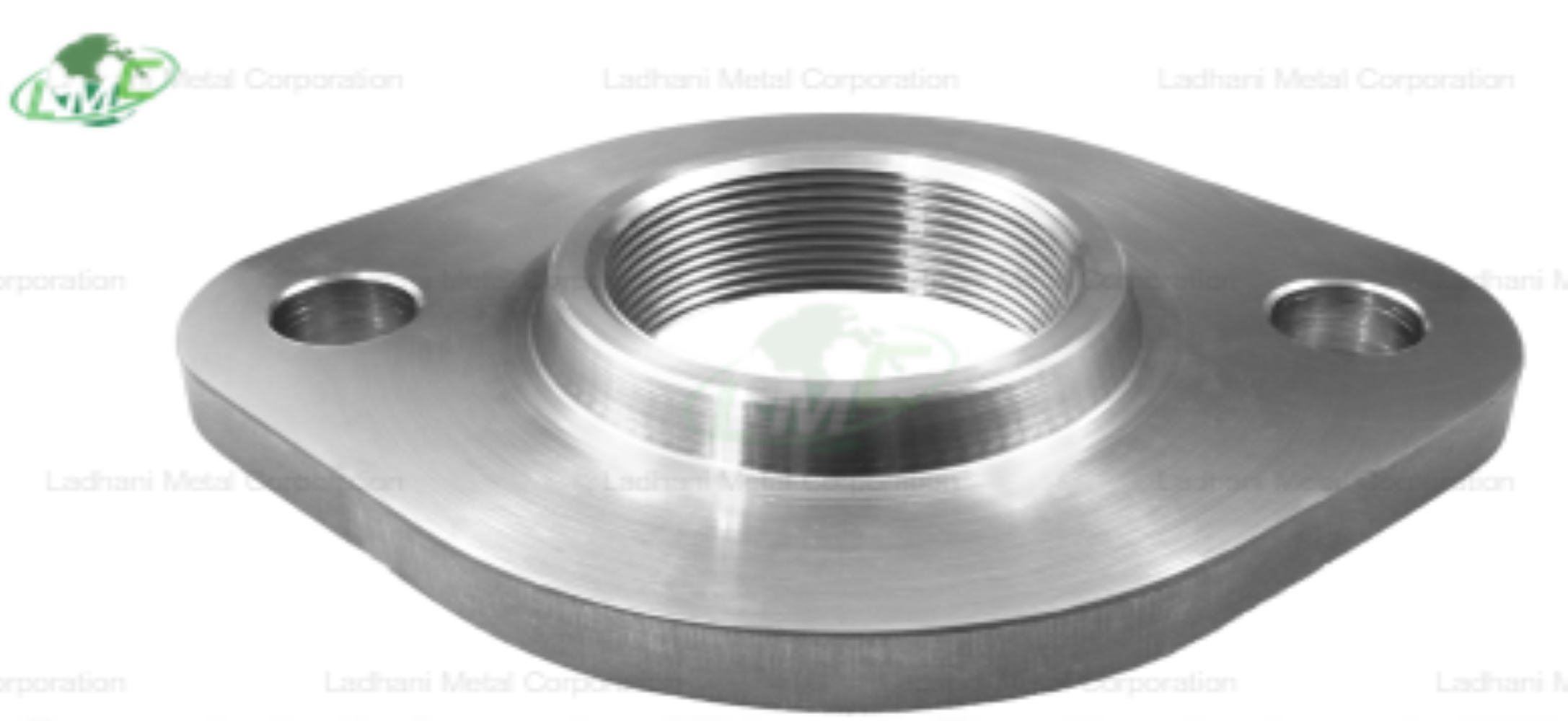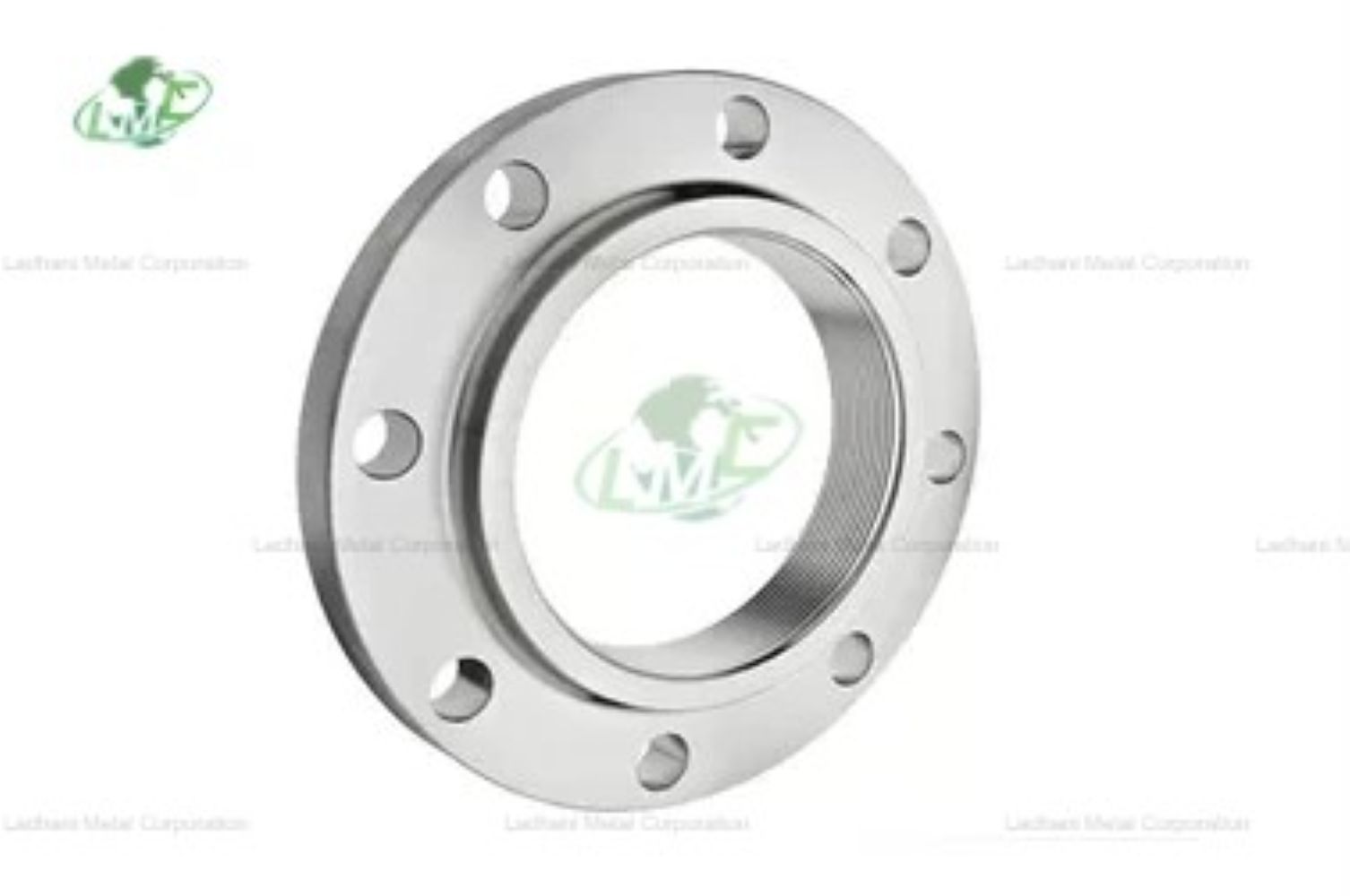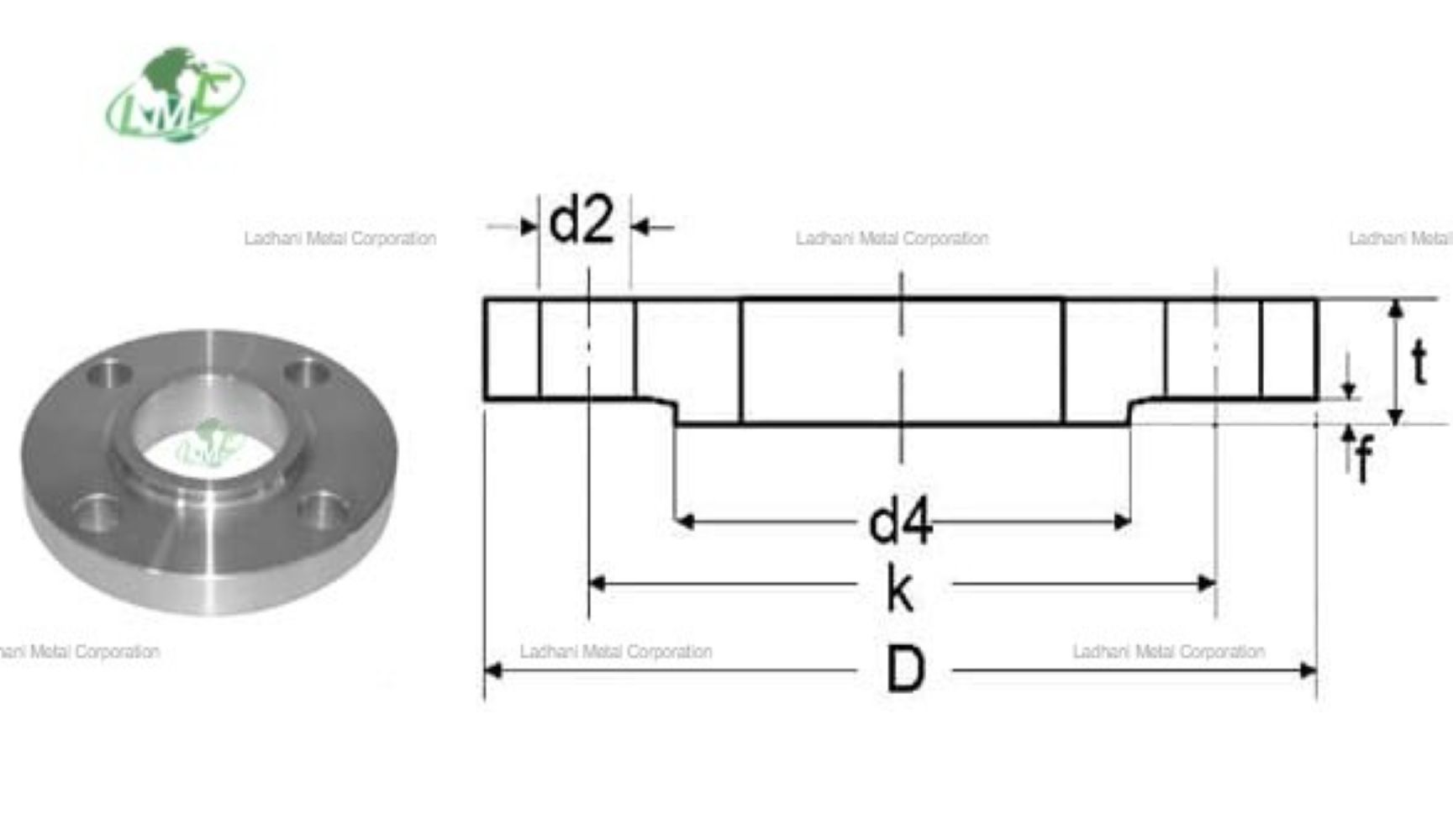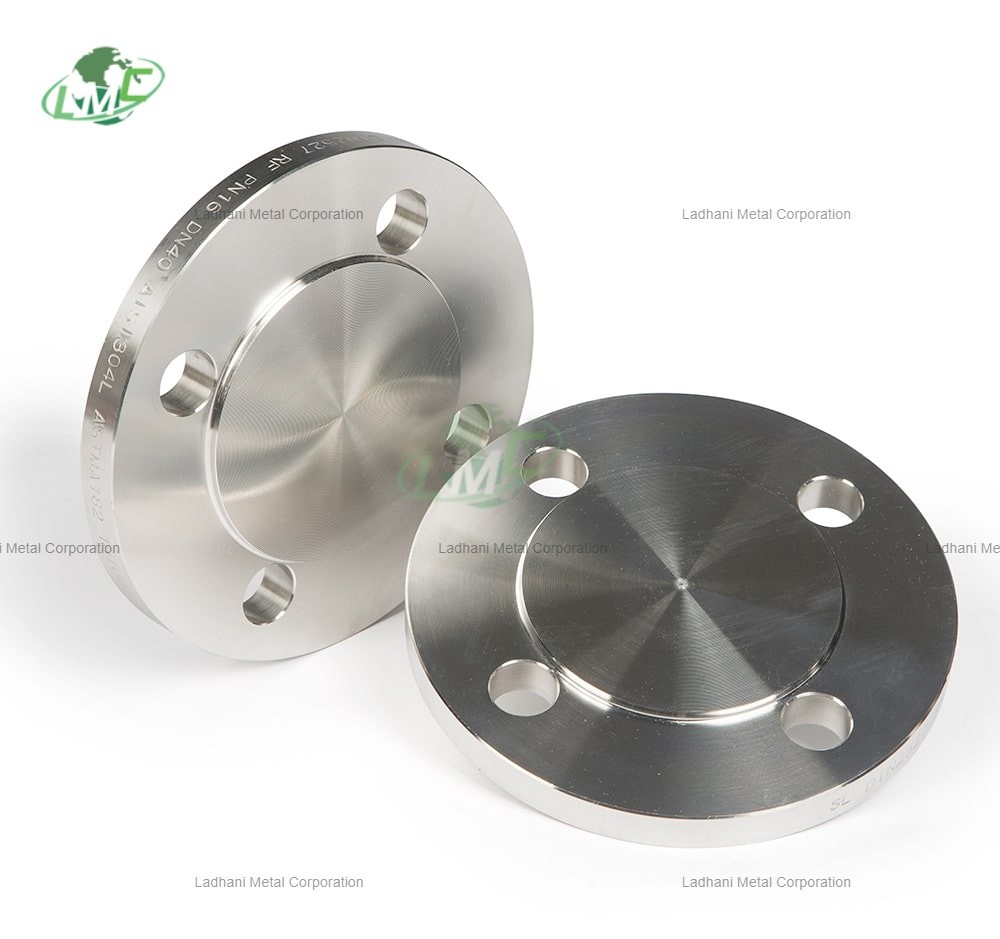A Molybdenum Disc is a flat, circular-shaped piece of molybdenum metal, commonly used in various high-performance applications that require excellent thermal conductivity, high-temperature resistance, and mechanical strength. Molybdenum, a transition metal, is known for its outstanding properties, which make it suitable for demanding environments in industries such as aerospace, electronics, and metallurgy. Key Features of Molybdenum Discs: o High Melting Point: Molybdenum has a very high melting point of approximately 2,623°C (4,753°F), allowing it to perform under extreme temperatures without losing its structural integrity. This makes it ideal for high-temperature applications like aerospace and industrial furnaces. o Excellent Strength and Durability: Molybdenum discs possess superior mechanical strength, maintaining their rigidity and resilience under stress. They can withstand heavy loads and maintain their shape even in harsh working conditions. o Corrosion and Oxidation Resistance: Molybdenum discs are highly resistant to oxidation and corrosion, especially at elevated temperatures. This property makes them suitable for use in chemical processing, reactors, and other environments prone to corrosive elements. o Thermal and Electrical Conductivity: Molybdenum exhibits good thermal and electrical conductivity, which is particularly useful in applications requiring efficient heat transfer and electrical performance, such as in electronics or semiconductor manufacturing. o Workability: Molybdenum is a tough, but ductile metal at high temperatures, allowing molybdenum discs to be fabricated with high precision into specific dimensions, surface finishes, and designs tailored to particular industrial needs. o Versatility: Molybdenum discs can be customized to different diameters, thicknesses, and surface finishes, making them adaptable for a wide range of applications. Common Applications: o Aerospace Industry: Molybdenum discs are used in components such as heat shields, rocket nozzles, and turbine blades due to their ability to endure high temperatures and mechanical stress. o Electronics and Electrical Applications: Molybdenum discs are employed in the manufacture of electrical contacts, filaments, and electrodes. Their good electrical conductivity and resistance to high temperatures make them valuable for vacuum tubes, semiconductors, and other electronic devices. o Chemical Processing: Molybdenum discs are used in the construction of equipment for the chemical and petrochemical industries, including reactors, heat exchangers, and other high-temperature processing units due to their corrosion and oxidation resistance.
Send Message
